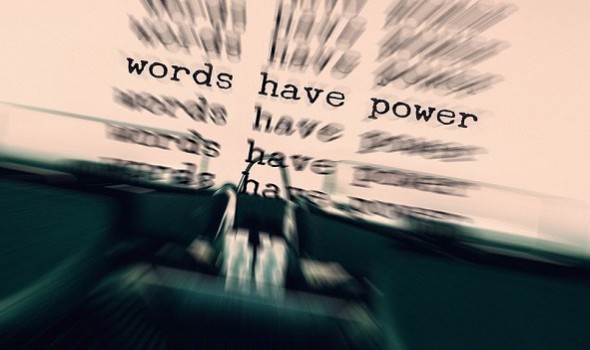War of words
War of words

WEDNESDAY 9 MARCH, 2022
Words heal, explain, inform, enlighten. They can also hurt, muddle, mislead, misinform. And as reactions to the 2 million - and still rising - Ukrainian refugees show, they can reveal.
Many responses have been heartwarming and helpful: scores of Germans holding placards offering rooms in their homes to people they’ve never met; Poland taking in 1.2 million refugees by 8 March backed up by small cash payments for each newcomer from a specially created £1.3 billion fund.
Others have been slow, confused, and ill-considered. Sadly, the British Government has been among the laggards, displaying a mindset shaped by years of “hostile environment” policies - though the public has already donated £100 million.
A few responses around the world have been outright disgusting: like the leaked messages from a Brazilian MP on a humanitarian visit who made grossly inappropriate remarks about Ukrainian women.
Outright misogyny, racism and hate need to be challenged and condemned, of course. But we also need to call out subtler expressions of prejudice.
It is striking, for example, how many White commentators, pundits, journalists and politicians have made a point of viewing - and treating - fleeing Ukrainians as worthy of help because they are “like us”.
In the words of the Bulgarian Prime Minister: "These people are Europeans. ... These people are intelligent, they are educated people. ... This is not the refugee wave we have been used to…”
Similarly, Hungarian Prime Minister Viktor Orban said that one doesn't have to be a rocket scientist to see the difference between "masses arriving from Muslim regions in hope of a better life in Europe" and helping Ukrainian refugees who have come to Hungary because of the war.
Such comments reveal more about the speaker than the people spoken about. They set the parameters and tone for debate about refugees and migrants, they prepare the ground for actions and policies based not on shared humanity but on perceived (and absurd) differences between intelligent, educated White people and ignorant, blinkered Others.
In Britain, there’s another “gap”, between acceptable West Europeans and less acceptable East Europeans. Praising Home Secretary Priti Patel for refusing to offer asylum to all Ukrainians fleeing war, an MP told Parliament that his constituents had already “done our bit in terms of migration from eastern Europe”.
As commentator Kenan Malik pointed out in The Guardian, a Conservative Party Lord had found the Ukraine conflict shocking because “they seem so like us”, living in “a European country” where “people watch Netflix and have Instagram accounts … Civilisation itself is under attack in Ukraine”. Malik questions why this conflict is seen as different from the destruction of Syria or Afghanistan.
Another journalist, Arwa Damon of the television news service CNN, spelled it out even more directly. On hearing rhetoric about how Ukrainians are a "prosperous middle-class people," "the family next door," "civilised", she wrote: “As if what is defined as a human worth saving is identified by the color of their skin, the language they speak, the religion they practice or where they were born.”
Clearest of all about the colour line dividing worthy and unworthy was Ukraine's former deputy general prosecutor, who said, "It's very emotional for me because I see European people with blonde hair and blue eyes being killed every day."
These examples are why we urge all politicians and journalists to think carefully about the words they choose. International law demands protection for people seeking safety outside their country because they are human, not because they are blonde or look like us or share a religion or watch the same TV programmes.
Words matter. Even more so when human lives are at risk.
Photo: Geralt at https://pixabay.com/illustrations/typewriter-words-write-meaning-6760585/ license


